FREQUENTLY ASKED QUESTIONS
Why are you doing this?
It’s been thirteen years since the D.C. Circuit made its mistake interpreting Citizens United v. FEC. It’s time to try something new to get the lawyers to change their approach to ending SuperPACs.
Who will pick the winner(s)?
Now that we’ve raised the money for the contest, we are in the process of picking a panel of judges to select the winner. If we raise beyond our goal, we’ll structure the prizes to attract the widest range of creators. We may also add a Peoples’ Choice award. All those details will be set before we launch the competition.
When did you reach the $50k target to launch the competition?
We hit our fundraising goal on July 7th.
Do you really expect this Supreme Court to reverse itself and allow SuperPACs to be banned?
You didn’t watch the video! The Supreme Court has never addressed whether SuperPACs are constitutionally mandated. We want to give the Court the chance to address the question — and finally, correct this awful mistake.
But even if the Court agrees with you, why do you think Congress would pass a law against SuperPACs?
It already did! The law is on the books, just not enforced because the FEC has followed the (mistaken) lower court decisions. If the Supreme Court reverses those decisions, then that law comes back from the dead.
But hasn’t Equal Citizens been arguing that SuperPACs can be regulated because of originalism?
Yes! And we at Equal Citizens still believe that. And Equal Citizens still will press to add that argument into the mix if this case ever gets to the Supreme Court. But Equal Citizens is also completely and absolutely convinced by the argument of Free Speech For People, which is what our stem file is based upon. You can watch Free Speech for People’s Legal Director Ron Fein present that argument to the Massachusetts SJC here. (start at 16:10).
What kind of videos can we make?
Any kind that you think conveys the argument clearly and convincingly — ideally, in the shortest time possible. It can be animated or AI-generated or acted by humans: The only requirement is that it makes the essential point — that contributions to SuperPACs can involve “quid pro quo” corruption.
Can we use AI to make the video?
Yes! Absolutely! Use any creative tools you’d like.
Are there any actual cases where we know a contribution to a SuperPAC involved “quid pro quo” corruption?
How wonderful of you to ask! Yes! In United States v. Menendez, the government had charged that Senator Menendez had agreed to provide a benefit to a person who promised to donate to Menendez’s SuperPAC. Though the jury did not convict, the case fits the pattern precisely — a donation to a SuperPAC that involves quid pro quo corruption. This is the sort of case the DC Circuit was not thinking about when it concluded that a contribution to an independent expenditure committee could not involve quid pro quo corruption.
Yes, but not every contribution to a SuperPAC involves such corruption. Why should you be able to regulate every contribution to a SuperPAC because some might involve corruption?
It’s true that not every contribution to a SuperPAC involves quid pro quo corruption — just like, not every contribution to a political candidate involves quid pro quo corruption. Indeed, probably very few contributions to candidates, even when they were not limited, involved quid pro quo corruption. But the Supreme Court has upheld Congress’ power to limit contributions to candidates so as to avoid the risk that a contribution is part of a quid pro quo. That same power should exist with respect to SuperPACs.
But if that’s true, maybe the D.C. Circuit in SpeechNow was simply banning limits because it didn’t think the chance of corruption was significant.
Importantly, that is not what the Court said. The Court said that there was no corruption interest in regulating contributions to independent expenditure committees (“we must conclude that the government has no anti-corruption interest in limiting contributions to an independent expenditure group[s].”) And because there was “no anti-corruption interest,” it didn’t need to weigh that interest against the First Amendment interests involved. The Court was thus plainly not weighing both sides in the argument; it considered one side has a “naught” and that “the First Amendment cannot be encroached upon for naught.”
Ok, but it just seems weird that for 13 years, courts have refused to enforce federal law on the basis of a simple mistake. How is that possible?
We agree. It is weird. Actually, it’s pretty embarrassing (for the lawyers, at least).
But it’s not hard to see how this mistake could be made.
SpeechNow was decided just months after the Supreme Court decided Citizens United. At that point, no one had any idea about what SuperPACs would become. Indeed, the Obama administration decided to not even appeal the D.C. Circuit’s decision, believing it would “affect only a small subset of federally regulated contributions.” Letter from Eric Holder, Attorney Gen., to Harry Reid, Senate Majority Leader (June 16, 2010). Talk about a prediction that didn’t age well!
After the D.C. Circuit’s decision, a number of other circuits quickly followed suit. That created the impression that the matter was settled. And when a matter seems settled, it’s easy for lawyers to gloss over arguments that seek to challenge it.
That’s why we’re running this competition: Let’s find a different way to insert this truth into the legal argument. If they won’t read a brief, maybe they’ll watch a TikTok video? Let’s see!Have more questions? Email them at info@equalcitizens.us.

